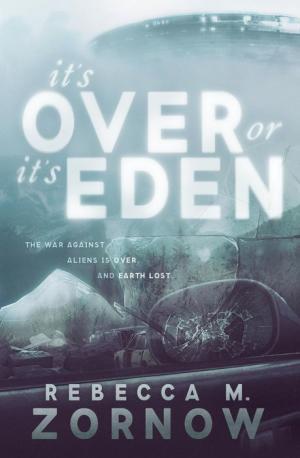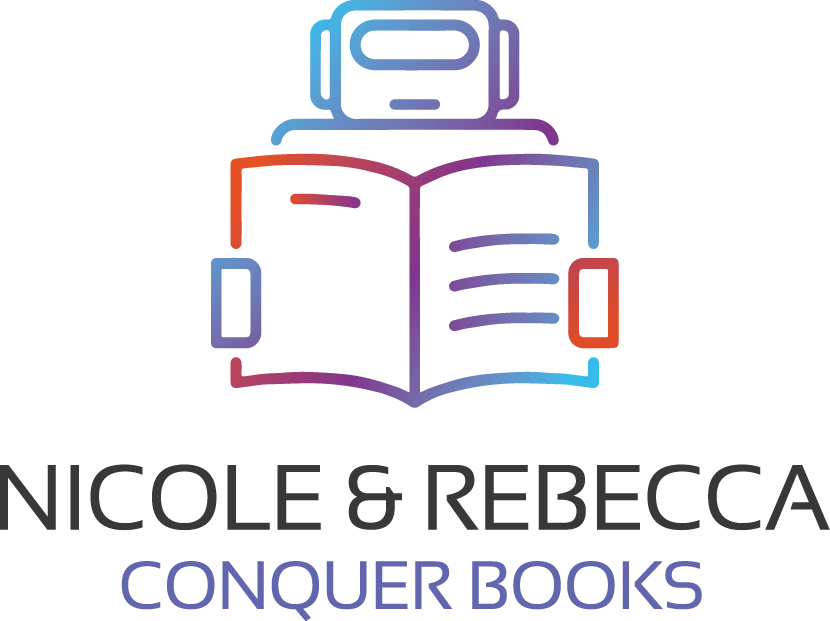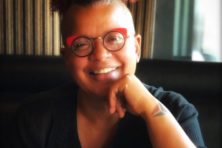Finding the Truth in Fiction: Q&A with science-fiction author Rebecca Zornow
- Share
- Tweet
- Pin
- Share

Want to learn more about writing science fiction and fantasy stories? Join author and book coach Rebecca Zornow for a program at Write On, Door County on Feb. 22, 4-5:30 pm.
During Hobbits, Heroes and Hovercrafts, participants will learn more about “world building, reader expectations and drafting and editing tips specific to speculative fiction.”

Zornow is a speculative-fiction book coach and science-fiction writer from Wisconsin who’s a former magazine editor-in-chief and the 2020 winner of the Hal Prize in nonfiction. She studied English literature at Lawrence University. Her debut novel, It’s Over or It’s Eden, was released in September 2021.
Grace Johnson (GJ): Can you give us a little rundown on what speculative fiction is and how it differs from fiction?
Rebecca Zornow (RZ): Speculative-fiction stories have an element that doesn’t exist in our own world: things like magic, future technologies, superheroes and alien planets. Fantasy, science fiction, dystopian, fairy tale, the supernatural and sometimes horror are all subgenres of speculative fiction.
GJ: Your program has a focus on science fiction and fantasy, and you are a sci-fi writer yourself. What do you think these genres can offer that others can’t?
RZ: I believe speculative fiction is a great instigator of social change. When reading a fantastical story, we can find enough distance from certain themes to gain a new perspective.
Consider Silvia Moreno-Garcia’s Mexican Gothic and her commentary on colonialism, or the discussion of free will within Exhalation by Ted Chiang. For all the questions they pose and perspectives they give, neither are dragged down by high-brow thematic work. It’s quite the opposite: The big questions fit right alongside adventure, humor, romance and robots.
Participants in the Hobbits, Heroes and Hovercrafts workshop will discuss these concepts further, in addition to crafting their own viable story idea.
GJ: Aside from writing speculative fiction, you also work as a book coach with your sister. Is there a different approach to editing speculative fiction?
RZ: I lead Conquer Books with my sister, Nicole Van Den Eng. We coach writers who struggle to craft their inner magic into words. At Conquer Books, our job is to transform budding writers into dynamic professionals, and wild ideas into powerful books.
Editing any book is a big undertaking, but when editing speculative fiction, we have the additional challenge of making the unbelievable something completely imaginable. It takes a wide understanding of the subgenres involved and what readers of those genres expect.
It also takes a fair amount of research into space travel and theorizing over magic systems or map making, all for the goal of making the fantastical believable to readers. It’s honestly a lot of fun.

GJ: What do you enjoy most about working with budding writers?
RZ: Early manuscripts are often the result of years of story building. Sometimes a story idea has been growing inside someone for more than a decade. As a labor of love, they’re often unmarked by worries over marketability and other practical concerns. I enjoy this unique look into another’s mind. Though marketability certainly has its place, Nicole and I help writers find a way to polish their story but keep that authenticity. It’s also a delight and a privilege to accompany writers as they chase their dreams.
GJ: Is there any advice you would give to someone who wants to pursue fantasy and sci-fi writing?
RZ: To write good speculative fiction, you must be widely read in your subgenre to understand tropes and reader expectations regarding word count, tone and more.
Tropes – certain devices in stories like the hero, time travel, space pirates or even minuscule concepts like ending a chapter when a character gets knocked out and opening the next chapter with them waking in a hospital – have been written and rewritten over generations.
To provide a new take on a trope, a writer has to first understand how it’s been used before, then strategize how to make it their own. Realistic fiction is based off a constantly changing real world. As speculative-fiction writers, we have to do that work ourselves.
As important as tropes and world building – creation of your fantasy setting – are, I suggest putting the real effort into the character’s journey and arc. It’s easy to get wrapped up in the creation of a whole new culture and place, but readers ultimately come to stories for the characters. We need to see the world through their eyes, and they need to be the drivers of the story.
Finally, if a writer’s goal is to build a long-term career in the genre, they should treat their writing like a business and educate themselves on good business practices.
GJ: What are you currently reading?
RZ: I finished The Sentence by Louise Erdrich, which takes place in a haunted bookstore during the height of the Black Lives Matter movement. I’m now deep in Aestus by S.Z. Attwell, which is about a civilization that flees a warming surface to go underground. Then, I’m excited to dive into publishing expert Susan Shapiro’s The Book Bible.
Want to learn more about speculative fiction? There’s still time to sign up! The cost of the 90-minute workshop is $15, and Write On members receive a 10% discount. Find out more and register at writeondoorcounty.org.




